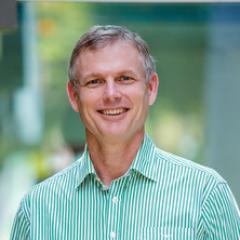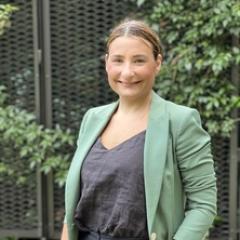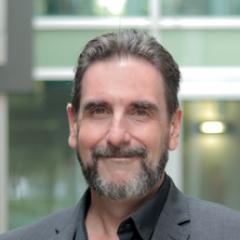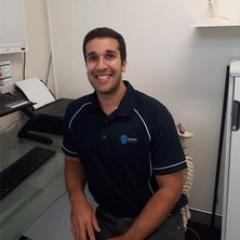Research Team:
Professor Stewart Trost, Associate Professor Sean Tweedy, Dr Jessica Hill, Dr Kelly Clanchy, Dr Emma Beckman, Dr Sjaan Gomersall, Professor Jennifer Fleming, Professor John Cairney, Dr Jonas Fooken, and Dr Iain Dutia.
Funding Body: MRFF 2022 Effective Treatments and Therapies Grant Opportunity
Years: 2023-2026
This project aims to establish a sustainable, consumer co-designed physical activity promotion program that will empower ALL community-dwelling people with moderate-to-profound physical, sensory, intellectual, and behavioural disability to optimise their health and well-being through the adoption and maintenance of a physically active lifestyle.
Currently 4.4 million Australians have a disability, with 1.3 million having a severe or profound disability and high support needs. Adults with disabilities are three times more likely to have heart disease, stroke, diabetes, or cancer than adults without disabilities. Physical activity can significantly reduce the impact of these chronic diseases and improve quality of life, yet only 1 in 4 Australians living with disability participate in regular physical activity. Barriers to participation include lack of available programs and facilities within their local community, lack of social support, reduced motivation, financial constraints, as well as negative previous experiences with allied health and fitness professionals.
For people living with moderate-to-profound disability, regular physical activity is crucial to support their overall health, independence, social interaction, and employment. However, research evidence on how to effectively promote physical activity in community-dwelling individuals with high support needs is limited. Therefore, there is an urgent need for effective physical activity promotion programs for people with moderate-to-profound disability which are client centred, goal directed and delivered in the community at scale.
Our project will modify, scale up and evaluate the effectiveness of a client-centred, goal-directed, physical activity promotion program previously shown to be effective among community-dwelling adults with brain impairment, the Adapted Physical Activity Program (APAP). APAP is designed to support meaningful physical activity participation for people with disability within their local community (e.g., home, park, local sporting, or fitness facilitates). Distinguishing features of the program include delivery in the client’s home or community, assessment of health conditions, impairments, activity limitations, and participation restrictions; and application of best practice behaviour change techniques tailored to the client’s motivational readiness and level of functioning.
Through an extensive program of consumer engagement and stakeholder consultation, we will modify and extend the reach of the current APAP program to support community dwelling individuals with moderate-to-profound physical, sensory, cognitive, and behavioural disability (APAP-OMNI). To support implementation, we will co-develop a training package to enable allied health professionals working in the community to deliver the modified APAP program within their own communities. We will evaluate the impact of the program for both the allied health professionals and people living with moderate-to-profound disability living within urban, regional, and remote communities in QLD.






